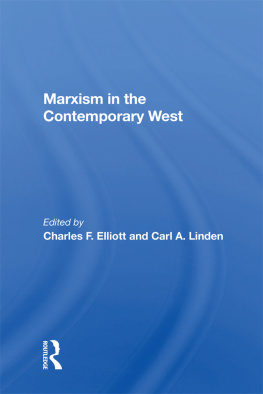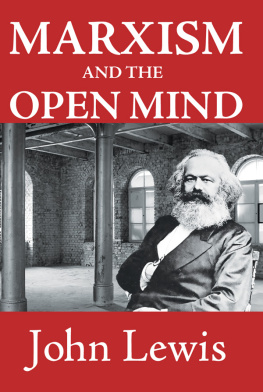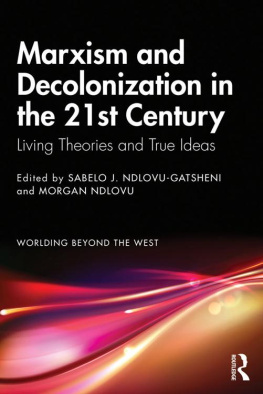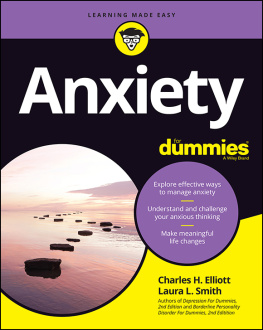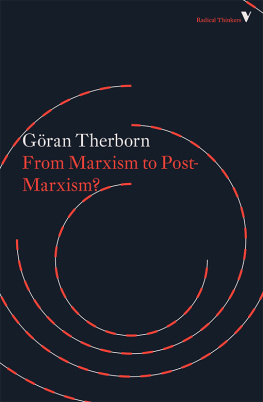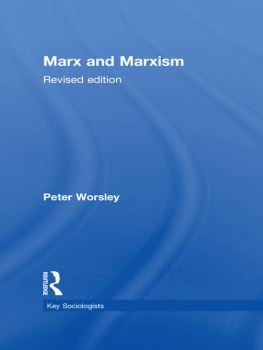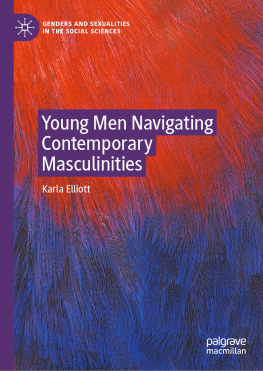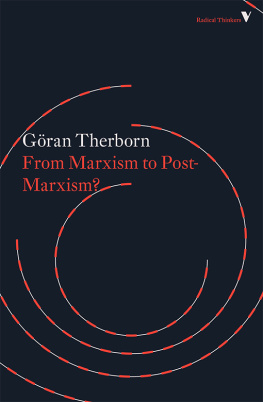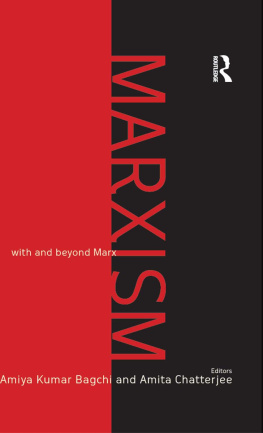Marxism in the Contemporary West
Also of Interest
Perspectives for Change in Communist Societies, edited by Teresa Rakowska-Harrastone
The Soviet Union in World Politics , edited by Kurt London
The Persistence of Freedom: The Sociological Implications of Polish Student Theater, Jeffrey C. Goldfarb
Innovation in Communist Systems, edited by Andrew Gyorgy and James A. Kuhlman
History of the International: World Socialism 1943-1968, Julius Braunthal
Communism and Political Systems in Western Europe , edited by David E. Albright
The Euro-American System: Economic and Political Relations Between North America and Western Europe, edited by Ernst-Otto Czempiel and Dankwart A. Rustow
The Continuing Struggle for Democracy in Latin America, edited by Howard J. Wiarda
Brazil: A Political Analysis , Peter Flynn
Argentina's Foreign Policies , Edward s. Milenky
The Polities of Chile, a Soda-Geographical Assessment , Cesar Caviedes
An Infantile Disorder? The Crisis and Decline of the New Left , Nigel Young
The Spanish Political System: Franco's Legacy, E. Ramn Arango
A Westview Special Study
Marxism in the Contemporary West edited by Charles F. Elliott and Carl A. Linden
What is the relationship between Marxist ideology and the politics of the contemporary West? The contributors to this book treat this question expansively, examining Marxism and the activities of European and Latin American communist parties in the broad context of contemporary Western politics. Their discussion encompasses not only political and practical dimensions, but also addresses important philosophical and moral questions deriving from the clash of Western and Marxist values.
Charles F. Elliott is associate professor of political science and international affairs and chairman of the Soviet and East European Studies Program at George Washington University. Carl A. Linden is associate professor of political science and international affairs at George Washington University.
Marxism in the Contemporary West
edited by Charles F. Elliott and Carl A. Linden
First published 1980 by Westview Press, Inc.
Published 2018 by Routledge
52 Vanderbilt Avenue, New York, NY 10017
2 Park Square, Milton Park, Abingdon, Oxon OX14 4RN
Routledge is an imprint of the Taylor & Francis Group, an informa business
Copyright 1980 Taylor & Francis
All rights reserved. No part of this book may be reprinted or reproduced or utilised in any form or by any electronic, mechanical, or other means, now known or hereafter invented, including photocopying and recording, or in any information storage or retrieval system, without permission in writing from the publishers.
Notice:
Product or corporate names may be trademarks or registered trademarks, and are used only for identification and explanation without intent to infringe.
Library of Congress Cataloging in Publication Data
Main entry under title:
Marxism in the contemporary West.
(A Westview special study)
Based on a conference held in April 1979 at the Institute for Sino-Soviet
Studies of George Washington University.
Bibliography: p.
1. Communism--1945- --Addresses, essays, lectures. I. Elliott,
Charles F. II. Linden, Carl A.
HX44.M355 335.43'09045 80-18570
ISBN 13: 978-0-367-02172-6 (hbk)
To the First Three directors of the Institute for Sino-Soviet Studies Kurt L. London (Director, 1969-1972) Franz Michael (Director, 1972-1979) Gaston J. Sigur (Director, 1979- )
Contents
Carl A. Linden
Paul E. Sigmund
Joan Barth Urban
Sharon L. Wolchik
Eusebio M. Muhal-Lon
Michael J. Sodaro
Charles F. Elliott
This volume grew out of a conference on "Marxism in the Contemporary West," held in April 1979 at the Institute for Sino-Soviet Studies of George Washington University. The conference examined the current political expressions of the on-going challenge that revolutionary Marxism and the communist movement pose to today's Western-style democratic civil order. Special attention was given to the "Eurocommunist" phenomenon in its various contemporary shapes as well as to its near relatives. The contributors to this volume treat the subject expansively rather than narrowly. They analyze Eurocommunist-type political strategies of communist parties in the West not only in terms of their broad relation to Marxist and Leninist ideology but also to Western politics and its democratic ethos as a whole. The adaptations of the first in the search for political power are seen m dynamic interaction with the latter two elements. Thus the volume comes to grips not only with the immediately political and practical but with ideological and cultural dimensions as well. It does not, however, attempt a country-by-country survey, but rather, investigates in some depth certain key issues arising from the subject matter. Also, two contemporary schools of critical interpretation of Marxism, the "new philosophes" in France and Solzhenitsyn, are included. The first is indigenous to the West and comes out of a recent chapter of its radical politics and the second provides a view from "outside" the West itself. The volume does not treat the notion of "the West" in any narrow geographic sense but as comprehending countries and societies linked with the modern democratic civil tradition that lies at the core of the term's meaning.
The editors of this volume also wish to express their appreciation to the Institute for Sino-Soviet Studies and its director, Dr. Gaston J. Sigur, for helping to make this volume possible.
Charles F. Elliott
Carl A. Linden
1
Marxism in the Contemporary West
Carl A. Linden
Revolutionary Marxism, it is often observed, has in its history contradicted its founder's theory of modern revolution. Marxism, principally in its Leninist incarnation, has had its most visible successes in capturing power not in the industrially advanced nations of the democratic West as Marx theorized, but in the economically under-developed nations of what is now loosely termed the "Third World." For Marx, a developed Western Europe not only was to serve as the fulcrum of his hoped-for world revolution, but also provide the industrial foundation of his envisioned communist society.
In modern Western Europe social democratic parties shed their Marxism and sought power not on a wave of revolution but through popular election. Finding the path to the seats of authority and the possibilities of major social reform open in Western civic culture, they dispensed with Marxist notions of forceful and total revolution and accepted the constraints of non-violent civil contest. Western communist parties, discovering few openings for revolutionary takeovers in the second half of the twentieth century, began diluting without discarding their Leninist and Marxist articles of faith and adopted electoral alliance strategies for obtaining power. This shift in doctrine and strategy, though varied in form and specific content in the individual Western communist parties, acquired the common name of "Eurocommunism." It amounted to a concerted attempt by such parties to erase the long-time scandal of the failure of Marxist revolution in the Western world. These strategies of Eurocommunism, while attaining some local and temporary successes, have nowhere gained a decisive and enduring victory. In fact, at the beginning of the eighties the chances of such victory for any Eurocommunist party have somewhat dimmed, at least for the time, and the Marxian paradox of success in the Third World and failure in the Western world remains. The Eurocommunist movement, however, continues its energetic effort to find a winning combination in Western electoral politics.


